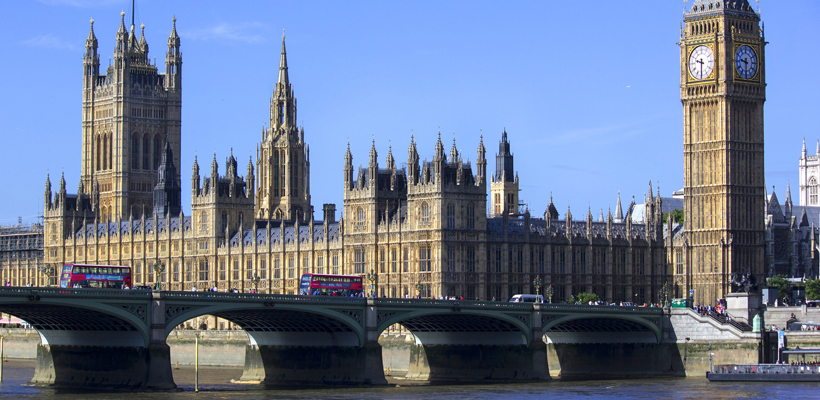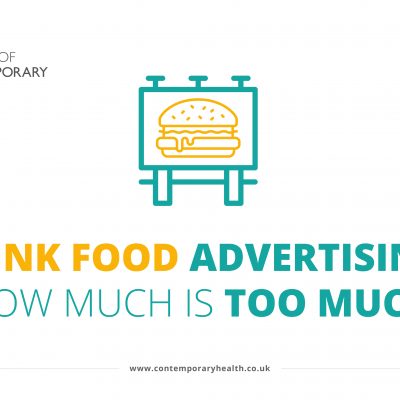
APPG Meeting Monday 5th December 2016
On Monday the 5th of December, the Obesity APPG and guests, including CCH, were invited to meet at the Houses of Parliament in Westminster to discuss the government’s proposed sugar levy. Before opening the floor to questions and comments from the audience, 2 speakers from their respective institutions, described their stance on the levy, what their institutions had previously implemented in regards to public health, and what else needed to happen in order to make this particular public health initiative a success.
The first of the speakers was from Coca-Cola. He described Coca-Cola’s history with reformulation and how the creation of new beverages, such as Diet Coke and Coke Zero, have removed sugar from their ingredients entirely. He also described that without being asked, Coca -Cola had slowly been reducing the sugar content of their regular drinks for the last couple of decades, eliminating tons worth of sugar from the UK’s national diet. He also described how the Diet and Zero versions of their brands now outsell their “regular” counterparts by a ratio of 60 to 40, a concerted effort by Coca-Cola to reduce national sugar consumption. While not entirely opposed to the ban, he thought it was unfair to specifically target soft drinks and not other consumer goods like flavoured milk or juices that contain as much sugar, if not more, than soft drinks, or even food with excessive quantities of added sugar. He stated sugary drinks account for less than 4% of the daily calorie intake in the teenage age group, who are the biggest group of consumers of soft drinks. The point was also made that during the time in which Coca-Cola were reducing their sugar content, without government pressure, obesity in fact rose between 3-4%.
The next speaker was a member of British Retail Consortium (BRC), a representative body for the retail sector in the UK, which encompasses major supermarkets, food-to-go and also clothing retailers. He said that the BRC have a distinct position on many of the elements of the obesity plan, but the main element they were focusing on that day was the voluntary targets around sugar reduction. The BRC representative stated that there needs to be a focus on sugar, but agreed with the Coca-Cola representative that there’s a risk with focusing too much on sugar because it negates the responsibility to potentially focus on other unhealthy nutrients like salt and saturated fats, but recognised the core element of this plan was going to be sugar. Not only did the BRC have concerns about focusing too much on sugar, they also had concerns with the voluntary nature of the sugar reduction targets based on their experience with the public health field. Having a voluntary target means that there was no major reduction in sugar consumption, and from a retailer’s perspective there was a competitive disadvantage as some retailers discovered that they were seeing a fall in sales. The BRC was not totally in favour of mandatory targets, but if the government are going to implement targets, they should be mandatory and not voluntary as they are most effective that way. If you want to have a reduction across the board, you have to have a level playing field and draw a line in the sand. You have to state what the target is, and everyone has got to work towards it or it presents an unfair challenge with those willing to oblige and those who aren’t.
The question was then proposed, how do you think the government could provide better support for teachers and to schools to reduce the childhood obesity rate, and should more focus be placed upon physical activity? The Coca Cola representative suggested that schools provide a mostly healthy balanced diet, and the quality of dietary advice at schools has improved, and it’s when the child is at home or on holidays where they lose their fitness, and they begin to struggle with staying healthy and fit and perhaps more emphasis should be placed on habits at home.
Elaine Wyllie, the founder of the child’s activity initiative The Daily Mile Foundation, spoke about how there was too much emphasis on diet, which she acknowledged was very important, but still not enough emphasis on physical activity. She described how the idea for The Daily Mile was conceived while working as a head teacher in Edinburgh. Elaine noticed that many of the children at the school were unfit and were becoming more overweight as they progressed through primary school. She took a class of students out to the school’s field and many of them were almost instantly out of breath. After a few weeks of physical activity, just running around the school’s yard for 15 minutes, there was a distinct and very noticeable difference in the fitness and performance of students.
The main conclusion that was drawn from the event was that there is no one single way in which to tackle the obesity crisis. The obesity crisis is a problem that has multiple factors and facets that need to be approached in all manner of different ways, but it was mostly a consensus that sugar was certainly a contributor to the crisis, and that the sugar taxes’ implementation, while not perfect, was mostly a good thing.



